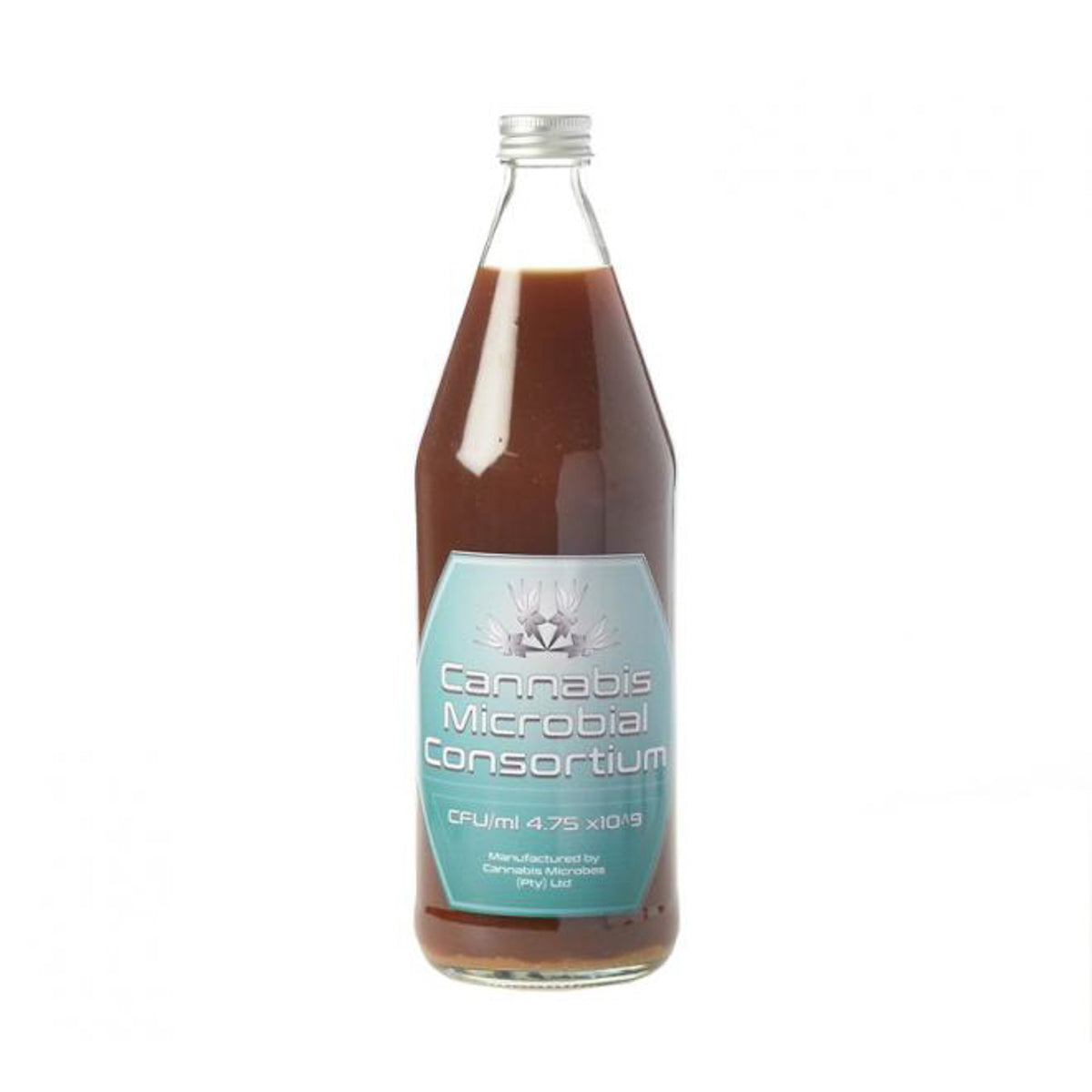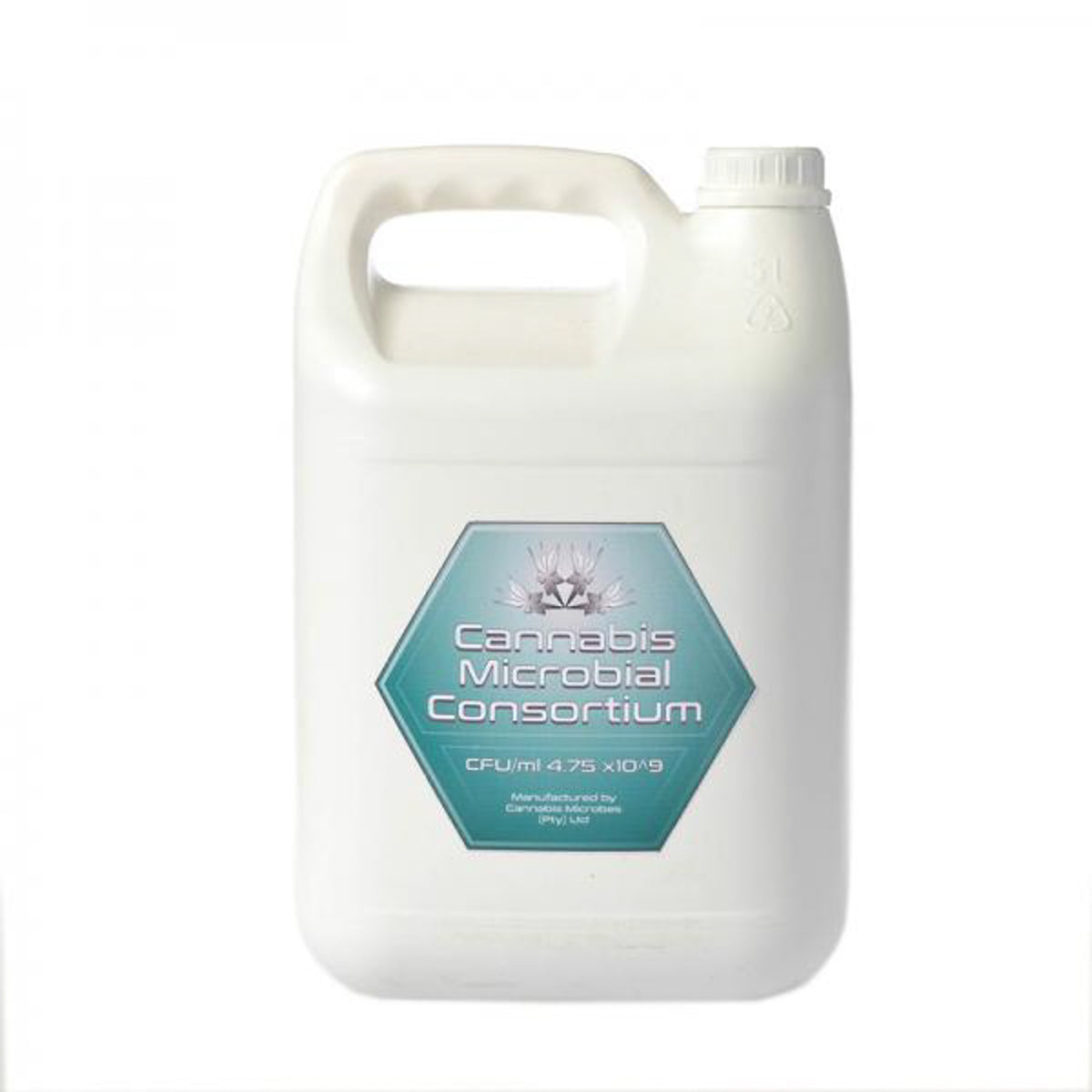Cannabis Microbial Consortium
Cannabis Microbial Consortium
Couldn't load pickup availability
Description
Unlock the full potential of your cannabis plants with the Cannabis Microbial Consortium (CMC), a revolutionary blend of natural growth hormones and beneficial micro-organisms meticulously cultivated to enhance plant growth and soil health. Developed over years of controlled experimentation, the CMC is a game-changer for cannabis cultivation, offering a biodiverse solution for promoting robust plant growth and vitality.
Features
• Natural Growth Hormones: Infused with natural growth hormones, the CMC accelerates plant growth, resulting in strong, stocky bushes with short internode spacing. This promotes healthier plants with increased yield potential.
• Facultative Anaerobic Micro-organisms: The CMC consists of facultative anaerobic acid-producing micro-organisms cultured from the cannabis plant's microbiome. This ensures that the microbes are indigenous to the cannabis plant, promoting symbiotic relationships and optimal plant health.
• Biodiverse Formulation: Our uniquely developed method of culturing the consortium results in a biodiverse product containing various beneficial micro-organisms. This diversity reintroduces a balance of beneficial microbes to the plant and soil, creating organically favorable conditions for optimal growth.
• pH Balance: Micro-organisms play a crucial role in maintaining the pH balance of the soil, which is essential for nutrient availability to the plant. The CMC helps regulate soil pH, ensuring that cannabis plants have access to essential nutrients for healthy growth.
Application
• Soil Health: The CMC improves soil health by breaking down organic matter and rock minerals, making essential nutrients bioavailable to the plant. It also helps defend the plant and soil from pests and pathogens, promoting a thriving soil ecosystem.
• Nutrient Uptake: By facilitating nutrient uptake, the CMC ensures that cannabis plants have access to the vital nutrients they need for optimal growth. This leads to healthier plants with increased vigor and yield potential.
• pH Regulation: The CMC helps maintain the optimal pH range for cannabis cultivation, ensuring that nutrients remain available to the plant. This promotes balanced growth and prevents nutrient deficiencies or toxicities.
• Plant Hormone Production: The presence of beneficial micro-organisms like Paenibacillus Taichungensis (PT) in the CMC promotes the production of organic plant hormones like indole acetic acid (IAA), which stimulates root growth and overall plant development.
Share





